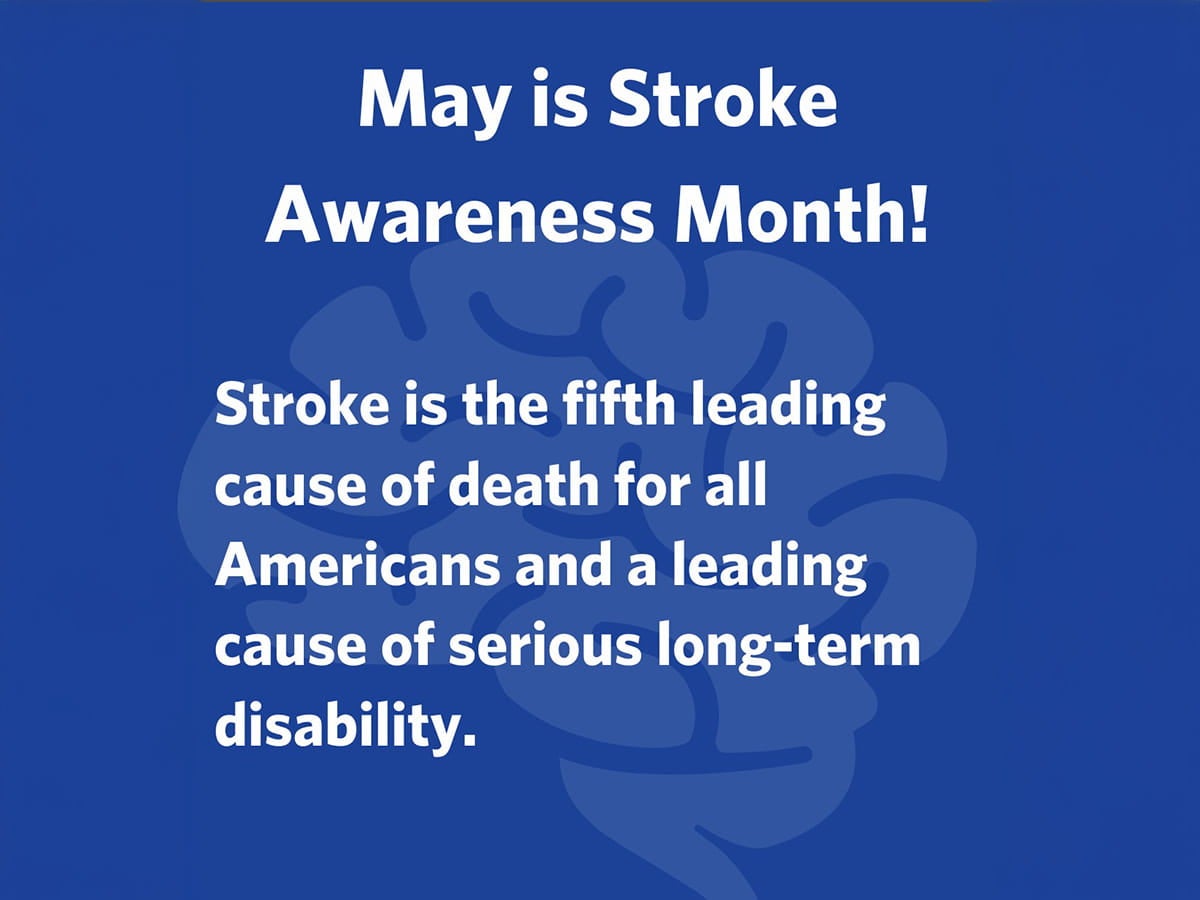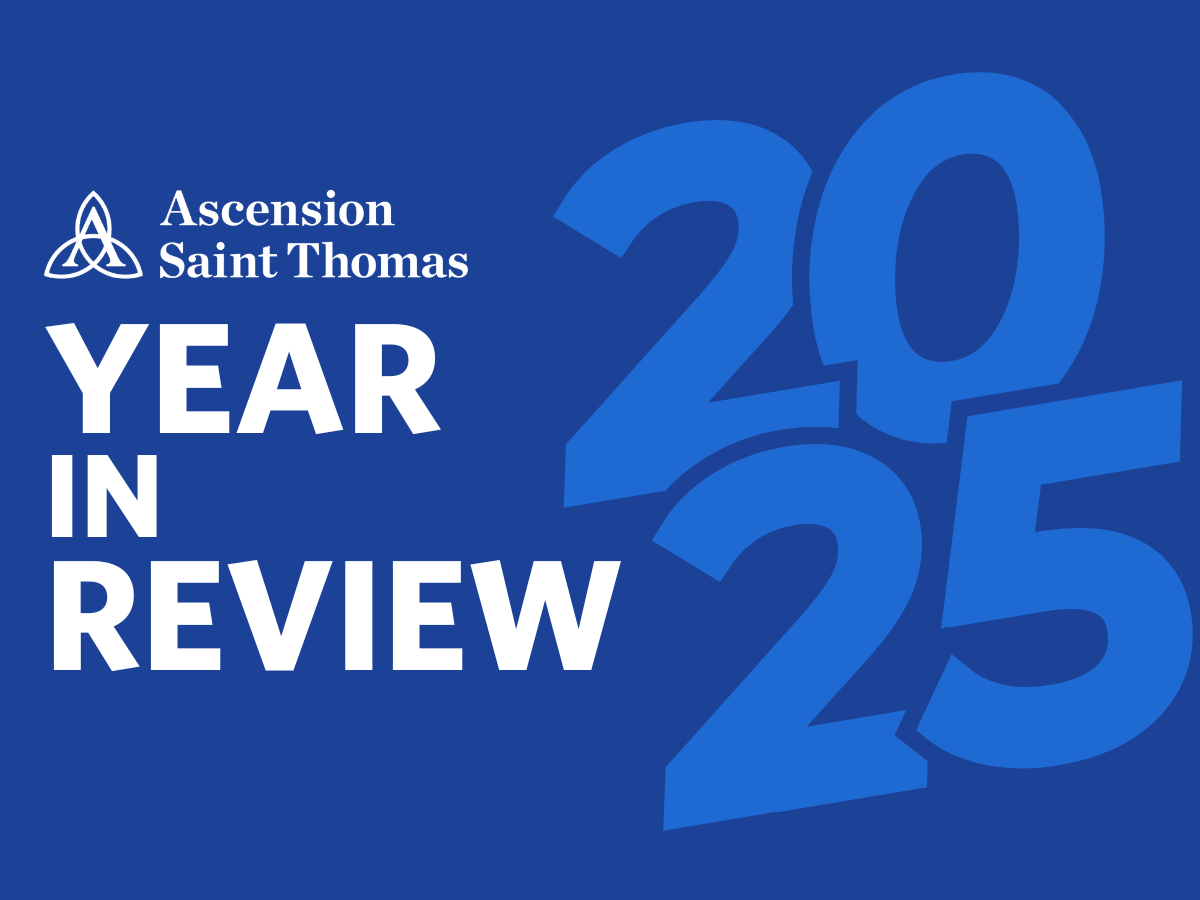As National Stroke Awareness Month begins this May, health care providers and public health organizations across the country are urging Americans to learn more about atrial fibrillation, or AFib—a common heart rhythm disorder that significantly increases the risk of stroke.
AFib affects millions of Americans and often goes undiagnosed due to subtle or intermittent symptoms. According to the American Heart Association, people with AFib are three to five times more likely to suffer a stroke than those without the condition. Despite its dangers, public awareness remains low.
“Understanding the connection between AFib and stroke is a crucial step in prevention,” said Dr. Frank Lafranchise, neuroscience program executive medical director at Ascension Saint Thomas. “Many strokes caused by AFib can be prevented through early diagnosis, lifestyle changes and appropriate medical treatment.”
A 2024 study found that 10.5 million U.S. adults—about 5 percent of the population—have AFib. A previous estimate projected that 3.3 million adults would have the condition by 2020. Experts say the sharp rise is due to an aging population and an increase in conditions such as hypertension, diabetes and obesity. Improved monitoring technology is also helping detect more cases.
AFib doubles the risk of death and significantly increases the risk of stroke. It is also associated with other serious health outcomes. However, the most feared complication—stroke—can be reduced by 65 to 70 percent with newer oral anticoagulant medications.
Throughout National Stroke Awareness Month, health organizations are emphasizing the importance of recognizing symptoms of AFib, which may include heart palpitations, fatigue, shortness of breath or dizziness. In some cases, individuals experience no symptoms at all, making regular health screenings especially important.
Educational events, free screenings and online resources will be available throughout the month to help people assess their stroke risk and learn about AFib. The goal is to encourage more individuals to speak with their health care providers and take proactive steps to protect their heart and brain health. Join us for a free Stroke 101 webinar on May 20, from 6 to 7 p.m., to learn how to spot the signs of stroke, explore life-saving treatment options, and understand what recovery and rehabilitation can look like.
While AFib is a growing public health concern in the United States and around the world, effective treatment options are available to reduce stroke risk and improve quality of life for those living with the condition.
To learn more about AFib and stroke prevention, visit Advanced Stroke Care at Ascension Saint Thomas.




